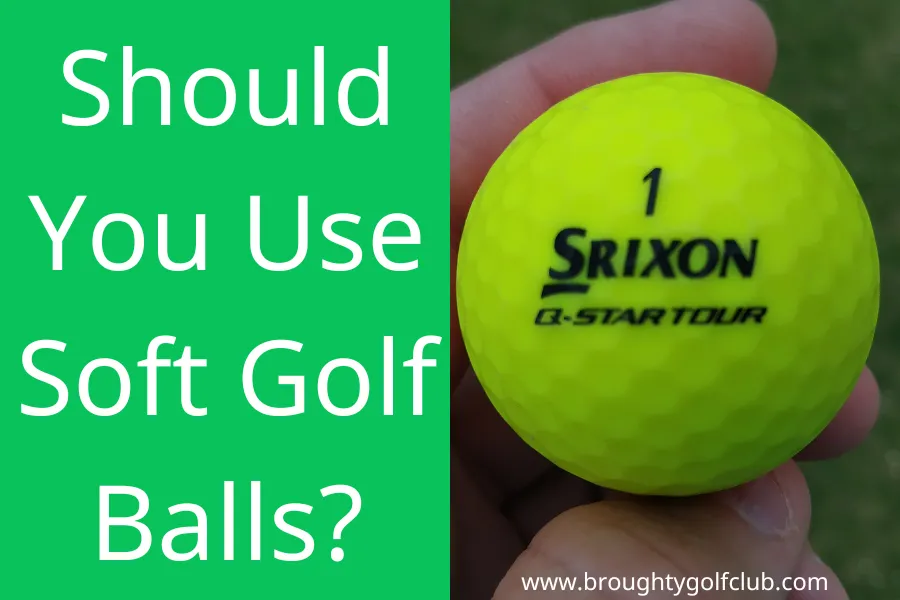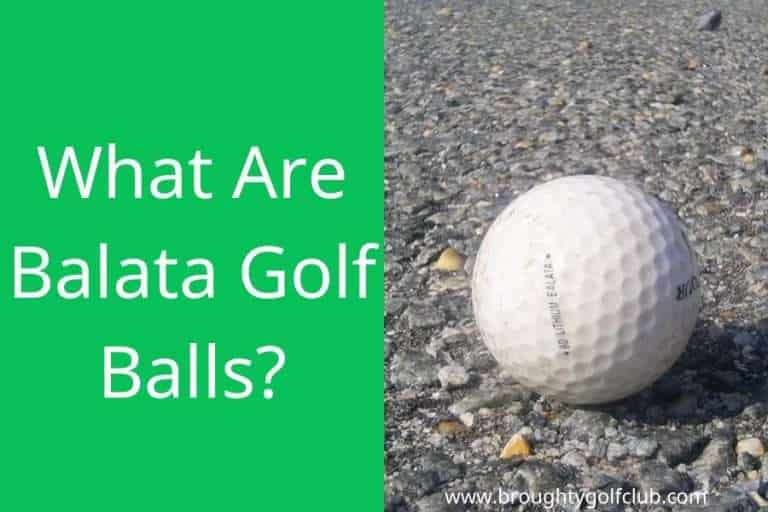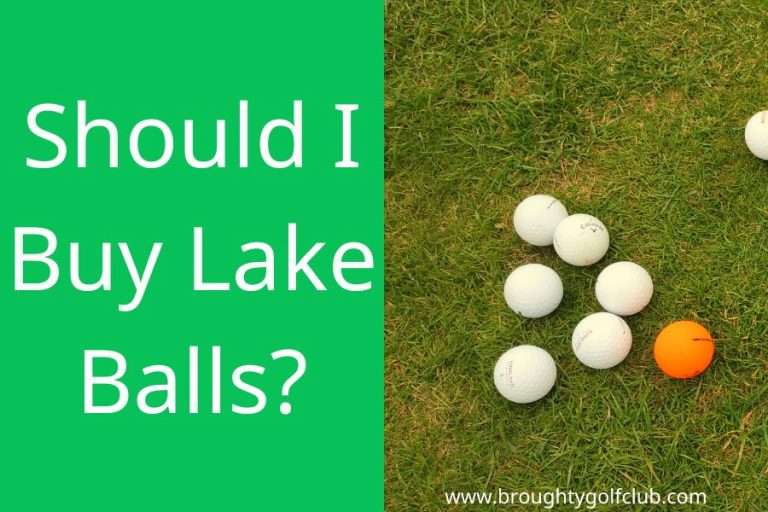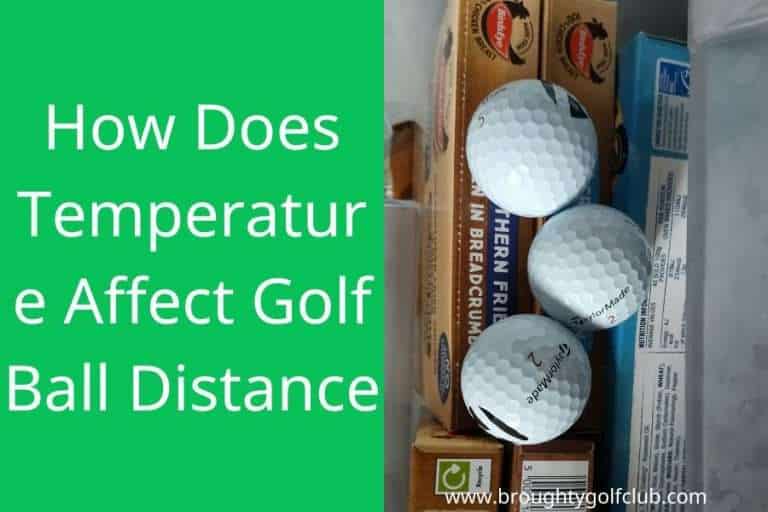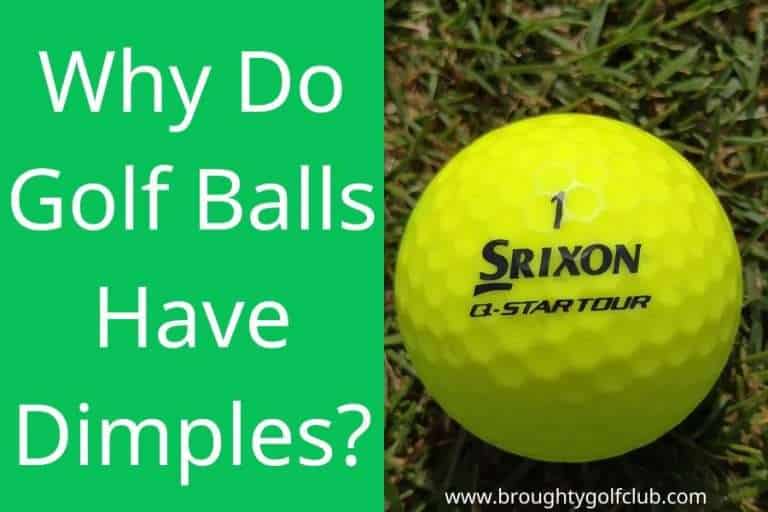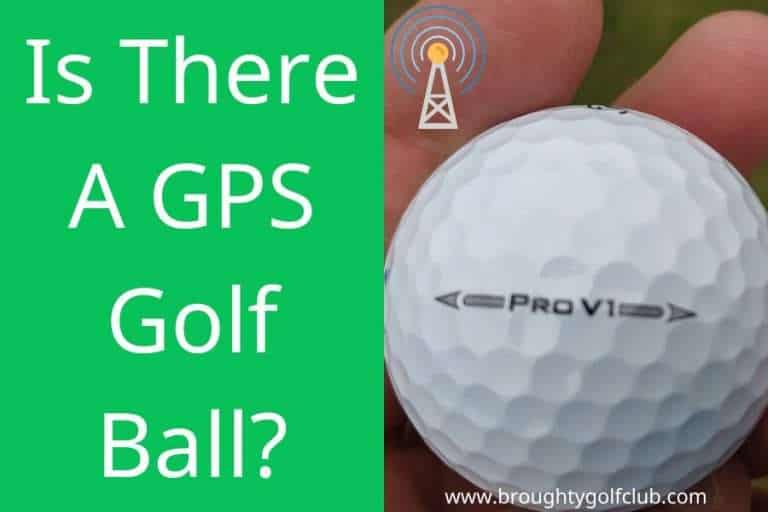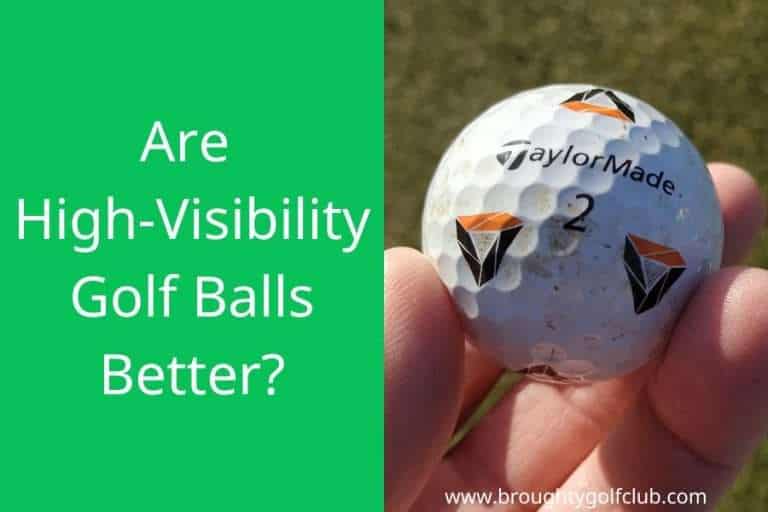Should You Use Soft Golf Balls?
It can be difficult to decide which types of golf balls to play with. Should you play a hard or soft ball? Let’s take a look at what they are and whether a soft ball might (or might not) be right for you.
What is Golf Ball Compression?
Golf ball compression is a measure of how much energy is required to deform the core of the ball. The more energy (in terms of club head speed) required then the higher the compression rating. The highest compression balls on the market are in the region of 100-105 depending on the exact method used to measure them.
If you have a slow swing and use a high-compression model then it’s likely the ball feels “hard” to you. On the other hand, if you have a fast swing and play a low-rated ball then it will feel too “soft” to you.
As a rule of thumb a hard ball might be one rated at 80-85 or higher. These are generally tour-quality balls. Mid-compression might be 70-80 and soft or low-compression might be anything below 70.
Do Pros Use Soft Golf Balls?
The vast majority of professionals do not use “soft” golf balls. The most popular balls on the PGA Tour are the Titleist Pro V1 and Pro V1x. Depending on the source of your information their compression rating is going to be somewhere between 85 and 100 towards the highest end of the spectrum.
There are some low compression balls available with ratings as low as 30 or so like the Wilson Duo Soft.
The way that modern golf balls are manufactured means that even balls with a high compression rating can still feel relatively soft.
Another reason why pros don’t use low-compression golf balls is the fact that they tend to spin less than a firm ball. One thing that most elite players are looking for is plenty of spin so that they can control the ball on and around the greens and even shape the ball through the air.
While amateur golfers have tended to move more toward softer balls, professionals have stuck with hard golf balls.
Should Golfers Use A Hard Or Soft Golf Ball?
It really depends on whether you value feel or performance more. The biggest differences between hard and soft golf balls are the feel and performance.
If you are more interested in how well the ball performs then you will need to pay more attention to the spin rate of the ball. Softer balls will generally spin less so might be a good choice if you tend to generate too much spin with your driver for example. They can also help reign in the worst effects of a hook or slice.
On the other hand, if you want to have maximum control of the ball then you will probably be looking at a harder ball as they tend to generate the most spin.
If you struggle for distance then a firmer ball is likely to go farther than a softer one.
Of course, if you want the feel of a soft ball and you have little club head speed then you have no choice but to use softer golf balls.
Ideally, you need to get on a launch monitor so you can see the sort of launch conditions you generate which will narrow down the best ball options for your game.
What Are The Benefits Of Soft Golf Balls
Low-compression or soft golf balls are designed to provide a soft feel when hit, allowing those with slower ball speeds to avoid the strike feeling too harsh or “clicky”. The lower compression also helps reduce spin on the ball, which should straighten out errant shots a little. Low compression golf balls are great for those just getting started in playing golf or anyone looking to increase their distance off the tee.
What Are The Negatives Of Soft Golf Balls?
Many golfers probably prefer the feel of a soft compression ball, particularly those with slower swings. Unfortunately, it has been shown that soft balls don’t go as far as firmer golf balls.
In addition, softer golf balls tend to spin less than firmer ones which will affect your ability to hold the green on approaches.
How Do I Figure Out Which Golf Ball to Play?
The quick and dirty method would be to use the ball-fitting tools available on the manufacturer’s websites. These will ask a series of questions to point you in the right direction. For most casual players this would likely do the trick.
If you are more serious about your game then it will be a more involved process.
Get some data on your launch conditions and use that to inform your choice. Many manufacturers recommend certain models for certain swing speeds for example.
It’s best to find a ball that suits you on approaches and short game then to find a driver and fairways that are fitted to get the best from that ball.
Do All Golf Balls Go the Same Distance?
No different models of ball are designed to perform slightly differently so will suit different types of swing and impact conditions. This means they will travel different distances even if you strike the ball consistently. This is why it is important to try and stick to one model of ball so you can get used to how it reacts when you hit it. Some balls might spin too much causing you to lose distance from the tee. Other models might not spin enough for you also costing you yardage with your driver.
Do Soft Golf Balls Reduce Slice?
Soft balls will spin less than harder golf balls so if you are slicing and hooking that would be lessened but whether it would be enough to keep you out of trouble is debatable. A much bigger issue would be where you strike the ball on the face and the relative angles of swing path and club face.
Do Softer Golf Balls Go Further?
The perceived wisdom was that low compression balls would suit slower swingers as they would find it easier to transfer energy to the core. However, testing by groups such as mygolfspy has shown that even players lacking in clubhead speed will still hit a firmer ball farther than a softer ball.
As they like to say “soft equals slow”.
Are There Any Soft Tour Balls?
The Callaway Chrome Soft is a tour ball in the sense it is a 3-piece urethane ball although no-one on the PGA Tour plays it as it is too soft for those players. The Srixon Q-Star Tour is also a low-compression 3-piece urethane ball. The AVX is Titleist’s attempt to provide a “soft” tour ball.
Should You Use Soft Golf Balls: Summary
If you want to maximize distance then you should probably stay away from soft golf balls. Try to go for the firmest ball you can unless you are trying to reduce your spin rates.

